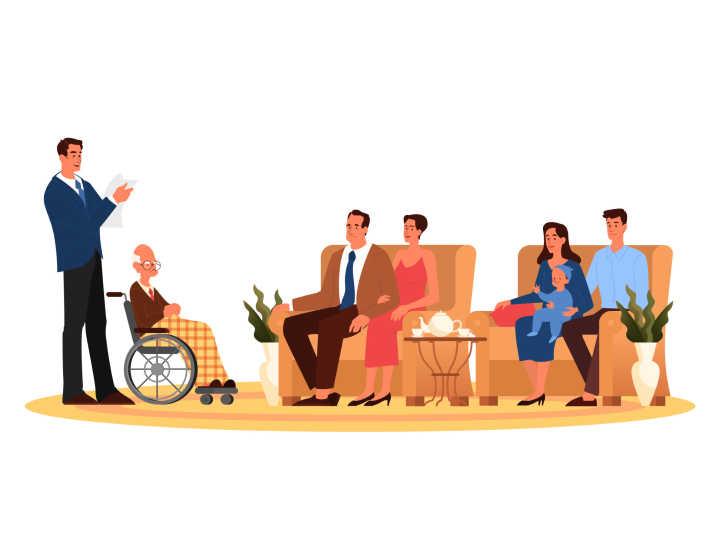Introduction
During these extraordinary times of COVID-19, we all find ourselves spending more time at home than we ever have before. Many Assisted Living communities across the country are not permitting their residents to leave the premises without a 14-day quarantine after their return. Group activities are being canceled. Visitors are not allowed. So, How to Handle Being Confined to Home?
Other older adults are in cities that require self-isolation for designated periods of time. Or, they have medical conditions that prevent leaving home.
Social isolation is already a risk factor for loneliness and depression. It can also exacerbate medical conditions and lead to physical and mental decline.
With a thoughtful and focused approach, you can combat isolation and cope with home confinement.
Why Is Home Confinement and Social Isolation a Problem?
People have different responses to time alone. We all have a unique tolerance for social activity. But we all need human contact and stimulation. Let’s look at some of the negative consequences of too much time alone.
- Social Isolation Can Lead to Loneliness. After a lifetime of a profession or raising a family, adjusting to those losses can be difficult. Loneliness is the result of the loss of friends, colleagues, and family
- Loneliness Can Be Deadly. Studies have shown that loneliness can increase mortality, cause cognitive problems, and impair the immune system response.
- Confinement at Home Can Lead to a Decrease in Activity. When people can’t get out of the house, they get less activity. Less activity means loss of physical function which can accelerate over time.
How to Handle Being Confined to Home
There are several ways to combat social isolation and loneliness. Creative use of your time will help you manage.
- Use technology. If you aren’t familiar with the benefits of technology, this is a great time to learn. Enlist the help of your children or grandchildren. Skype, Face time, and other programs allow you to visit with family and friends. The face to face connection can’t take the place of actually seeing someone, but it is a great alternative. The ability to use the internet can be a great diversion and social interaction tool. Facebook and Instagram allow you to stay connected with family.
- Exercise anyway you can. Walk, do chair exercises, look at videos online specifically for older adults. Movement is critical. Keep moving in whatever way possible to keep your physical function
- Virtual tours. You don’t have to leave home to enjoy world travel. Tap into virtual tours of museums and sites across the world.
- Audible and other audiobook options. Can’t get to the library? No problem! Investigate all of the audiobook options available to download books. Some have a monthly cost, but others are free.
- Participate in activities whenever possible. If you live in a senior community and can access activities, do so. Try something different and meet new people.
- Challenge yourself to learn a new skill. There are endless new skills you can learn at home. Everything from languages, art, and handicrafts.
Social isolation does not have to lead to loneliness. Creative use of your time will enhance your life and improve your well-being. Visit BoomersHub Blog for more information and resources.

